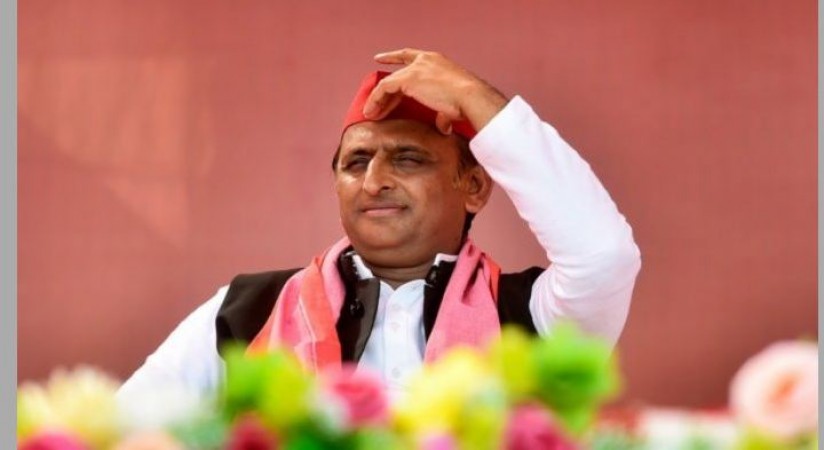
Lucknow: Maulana Mufti Shahabuddin Razvi Barelvi, the National President of All India Muslim Jamaat, voiced concerns on Tuesday (5th March) regarding the Samajwadi Party's diminishing support among the Muslim-Yadav (M-Y) demographic in Uttar Pradesh. He suggested that Akhilesh Yadav's leadership has led to discontent among Muslims, potentially resulting in the party losing its Muslim vote bank.
"Akhilesh Yadav Ji's M-Y equation has deteriorated significantly. While Yadavs and Muslims were once the backbone of his party, the Muslim community is now disillusioned with his leadership due to ongoing neglect and the failure to field Muslim candidates in proportion to their population," stated Maulana Mufti Shahabuddin Razvi Barelvi during a media interaction.
Regarding the Yadav vote bank, the Maulana indicated a noticeable shift away from the Samajwadi Party towards other political entities. He suggested that Akhilesh Yadav's political standing in Uttar Pradesh is on the decline, despite attempts to align with the Congress party.
Furthermore, Maulana Shahabuddin Razvi Barelvi emphasized the growing opposition among Muslims towards Akhilesh Yadav, signaling a loss of trust in his leadership.
This criticism from the Maulana is not isolated, as he had previously rebuked Akhilesh Yadav for failing to nominate any Muslim candidates for the Rajya Sabha election. In a letter addressed to the Samajwadi Party supremo, the Maulana highlighted the perceived "anti-Muslim attitude" within the party, expressing disappointment over the lack of Muslim representation despite their substantial support in the 2022 Assembly elections.
The Maulana's remarks underscore growing discontent within the Muslim community towards the Samajwadi Party's leadership and its handling of minority representation in Uttar Pradesh politics.
Mamata Govt Appeals to Supreme Court Against Calcutta HC's CBI Probe Order in Sandeshkhali Case
S Jaishankar Highlights India's Growing International Reputation During South Korea Visit
Salary Delay Plagues Kerala Government Employees for the First Time